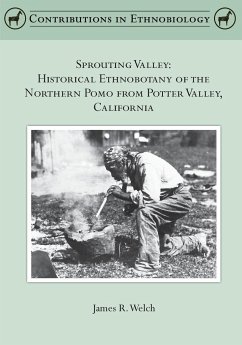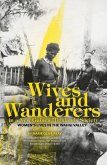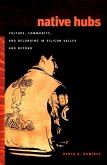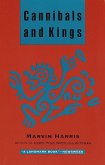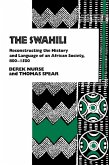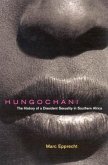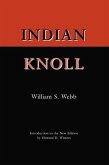In the mid-nineteenth century the indigenous Potter Valley Pomo resided in large sedentary villages in Potter Valley, California, and travelled seasonally throughout an extensive territory in what are now Mendocino and Lake Counties. Beginning in 1890 what would become nearly a half century of ethnographic research among members of this community, homeopathic doctor and amateur anthropologist John W. Hudson witnessed the aftermath of their dislocation and dispersal from the valley following the arrival of non-indigenous settlers. Although never published, his fieldnotes contained an unparalleled dataset on plant use by a single local indigenous community in California. In this richly illustrated monograph the author presents and interprets this historical ethnobotanical information in order to provide new insights into Potter Valley Pomo society and its relationship to the Northern California landscape.

